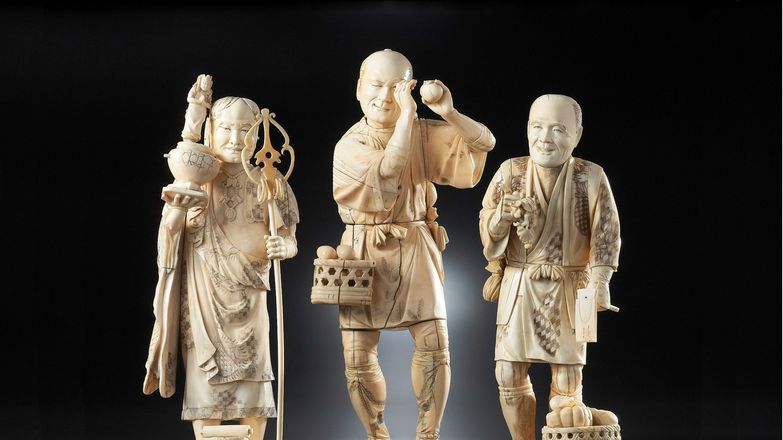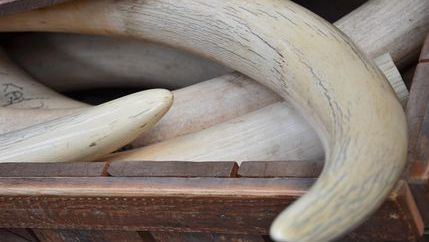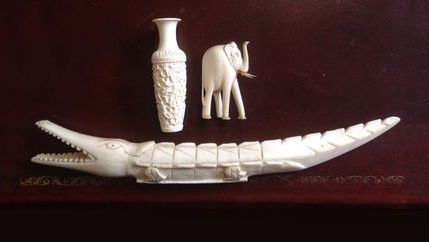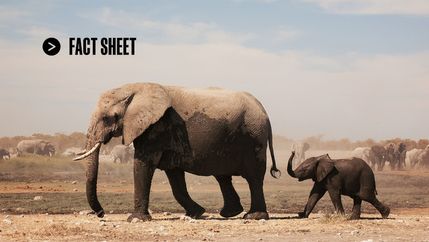
It will be illegal to deal in items containing, or made of, elephant ivory under the Act— unless the items are registered or certified as exempt. By covering ivory items of all ages and adopting narrow exemptions, the UK’s ban will be one of the toughest in the world.
Dealing in ivory
The new guidance outlines what is covered in the Act with regards to dealing in ivory items of all ages, not just those produced after a certain date.
What constitutes dealing in ivory is defined as:
- buying, selling or hiring it
- offering or arranging to buy, sell or hire it
- keeping it for sale or hire
- exporting it from the UK for sale or hire
- importing it into the UK for sale or hire
- causing or making it possible for someone else to deal in ivory
When the ban comes into place anyone breaching it could face a maximum fine of £250,000 or up to five years in jail.
Ivory ban exemptions
There is five narrow and carefully defined exemptions from the ban:
- musical instruments made before 1975 with less than twenty per cent ivory by volume
- items made before 3 March 1947 with less than ten per cent ivory by volume
- portrait miniatures made before 1918 with a surface area smaller than 320 square centimetres
- items that a qualifying museum intends to buy or hire
Items that meet the above exemptions or are pre-1918 and of outstandingly high artistic, cultural or historical value, they must be registered using the 'declare ivory you intend to sell or hire out' service.
It will be possible to check if items qualify for exemption using the ivory item eligibility checker.
Ivory items that are not exempt may still be kept for personal use, given away as a gift, left to someone in a will or borrowed by somebody if there has been no payment, exchange or barter involved.





